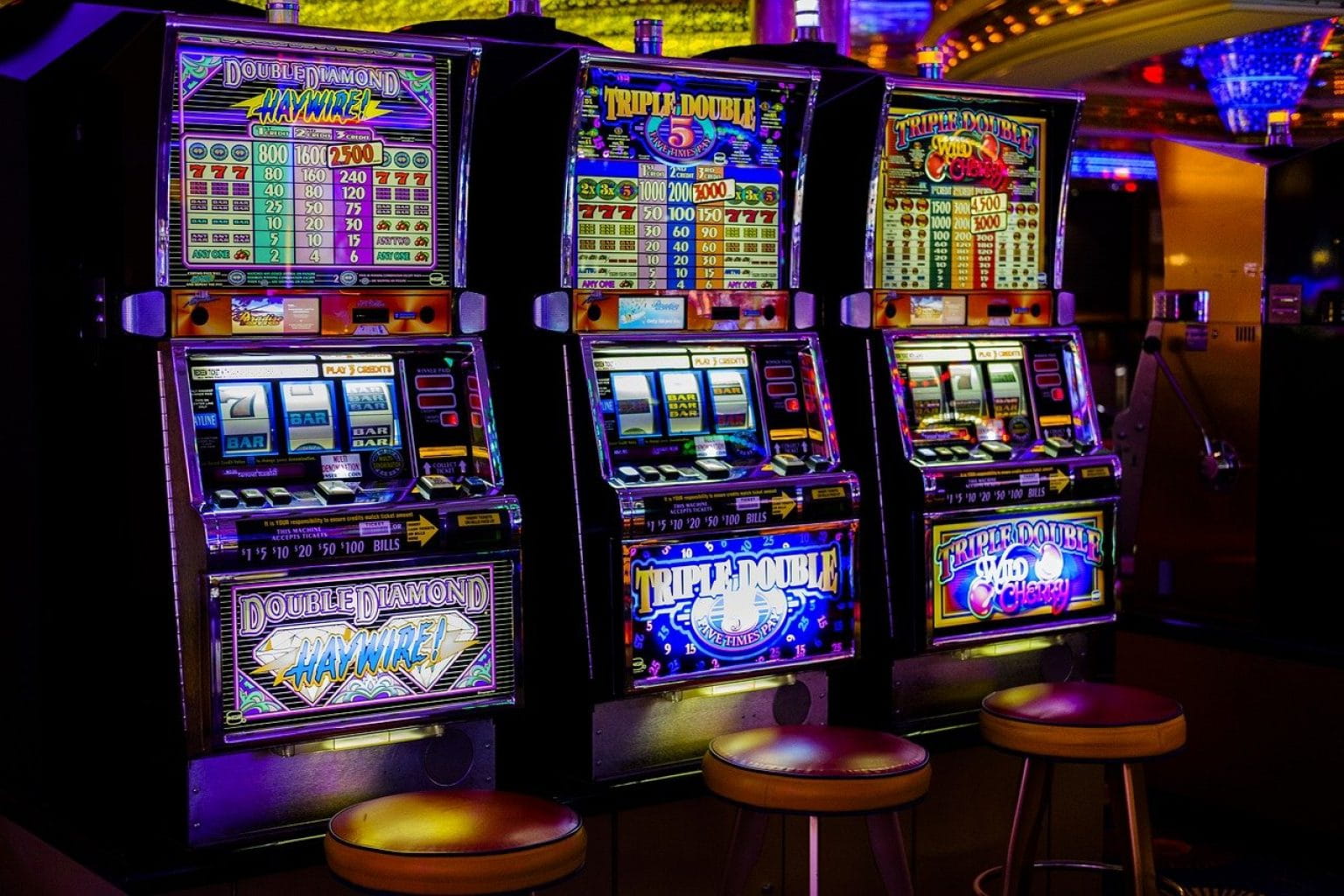The Progression of Casino Gaming Activities Across the Ages
admin
- 0

Gambling games have enthralled players over the ages, progressing from simple pastimes to complex experiences that integrate fortune, tactics, and entertainment. From the early beginnings of gambling in cultures like Mesopotamia and Rome to the dazzling corridors of contemporary casinos, the evolution of these games reveals much about human nature and our relationship with risk. As societies have intertwined and technology has advanced, casino games have evolved, mirroring the changes in society and developments in gameplay.
The initial iterations of gambling likely included simple dice games and betting on the outcomes of athletic contests. Through the years, these early games grew into more structured games like playing card games, the game of roulette, and the myriad one-armed bandits that populate the premises of casinos today. Every generation brought its unique rules, visual styles, and cultural importance. Today, casino games continue to evolve with the rise of internet-based platforms, enabling players from various parts of the world to engage in a common experience, further merging the traditional with the age of technology.
Ancient Beginnings of Gambling Games
Casino activities have roots that stretch back to old civilizations, where gambling was strongly integrated in social practices and cultural customs. The earliest known forms of gambling emerged in ancient Mesopotamia around 3000 BC, featuring primitive die games made from knuckle material. These primitive activities laid the basis for more advanced betting activities, showing humans’ instinctive desire to find fortune and entertainment through luck.
As societies evolved, so did their betting pursuits. In historic China, around two thousand three hundred BC, tiles were found that looked like early rudimentary versions of a lottery game activity. More structured instances of gambling developed in the Roman civilization, where activities of chance were a common pastime, often taking place in community events. The Romans developed different betting games, which entailed dice and board activities, highlighting the pervasive nature of gambling across different social strata.
With the passage of ages, these primitive activities influenced the progress of modern gambling games. In the medieval period, card activities emerged prevalent in European culture, paving the way for the organized gambling venues we know today. The shift from casual betting to organized gaming in pubs and private homes marked a major shift in how people engaged with games of chance, leading to the subsequent establishment of gaming houses as dedicated places for gambling.
The Growth of Current Gambling Industry
The late 1960s and 1970s marked a crucial transition in the realm of gaming, propelled by tech innovations and changes in societal views towards wagering. The emergence of computers and the World Wide Web revolutionized the way gamblers interacted with their favorite games. Virtual casinos emerged, enabling players to enjoy classic table games like poker and 21 from the comfort of their homes. This emerging digital landscape not only broadened availability to gambling options but also drew in a fresh crowd who found the comfort and variety appealing.
As online gambling gained popularity, so did innovations in gaming technology. The advancement of sophisticated programs and graphics transformed traditional gambling games into captivating adventures. Gamblers could now connect with live live dealers through live feeds, importing the vibe of brick-and-mortar casinos directly into their houses. This fusion of in-person play with online platforms created a unique hybrid experience that elevated the social aspect of playing, allowing it possible for people to connect and compete with fellow gamers around the planet.
Furthermore, the growth of mobile gaming significantly changed the gambling environment. With the widespread use of smartphones and tablets, gamblers can access their preferred casino games anywhere, whenever. Mobile apps offer a extensive range of options tailored for mobile screens, catering to the dynamic lifestyle of contemporary gamers. This availability has led to increased engagement in casino games, fostering the exponential growth of the gambling sector. As a result, the future of casino gaming continues to progress, adapting to technological advancements and changing consumer preferences.
The Impact of Technology on Casino Games
The evolution of technology has significantly transformed casino games, enhancing the overall gaming experience for gamblers globally. As the internet emerged, online casinos were created, allowing players to play their preferred games from the comfort of their homes. This change not only made casino games more accessible but also expanded the variety of games available, as online platforms could offer many different versions of traditional games without the limitations of brick-and-mortar establishments.
The rise of mobile technology further revolutionized the casino gaming landscape. bl555.com As smartphones and tablets became widespread, players now have the ability to engage in casino games whenever and wherever they want. This flexibility has led to the creation of dedicated mobile applications and optimized websites that provide seamless gaming experiences. Additionally, innovations such as live dealer games have brought the genuine feel of a casino into players’ homes, connecting between physical and online gaming.
Moreover, advancements in artificial intelligence and virtual reality are leading to the next generation of casino games. AI enhances game design and player interaction, creating tailored experiences based on user behavior and preferences. Meanwhile, virtual reality offers immersive environments where players can interact in a virtual casino environment, making the gaming experience more engaging and realistic. As technology continues to evolve, the future of casino games seems bright, filled with endless possibilities for innovation and entertainment.